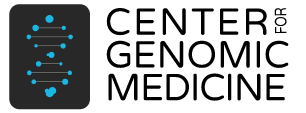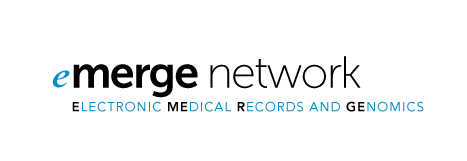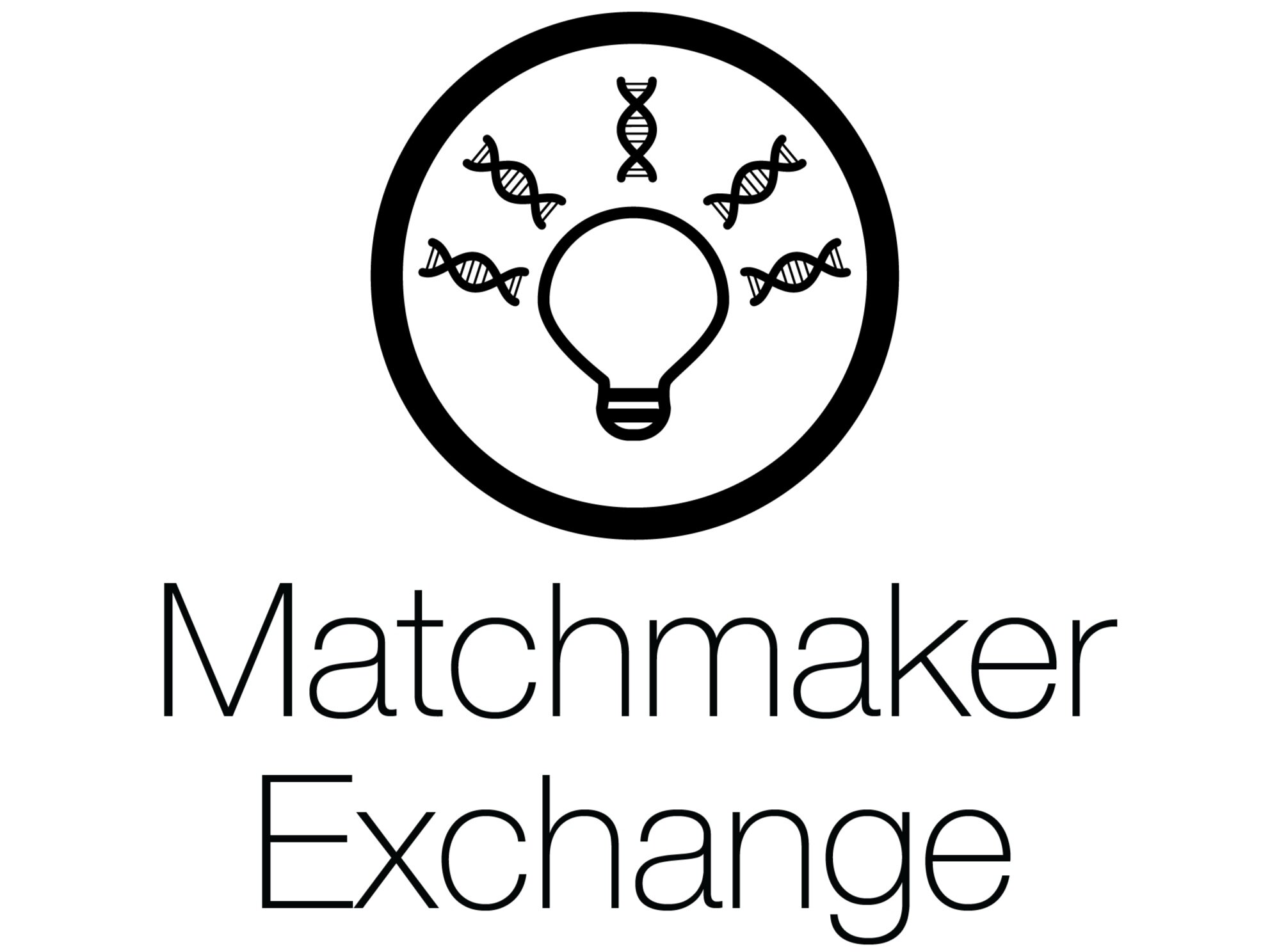Areas of Work
The Rare Disease Program at the Broad Institute, co-directed by Anne O’Donnell-Luria, Heidi Rehm and Michael Talkowski, was formed to improve the diagnosis of rare diseases. Spanning both the Broad Center for Mendelian Genomics and the Rare Genomes Project, we apply genomic technologies, including exome, genome and RNA sequencing, as well as novel analysis methods and strategies to identify new disease genes from thousands of rare disease families. We maintain seqr on the AnVIL platform, an intuitive online portal for rare disease case analysis, which is available as open-source software. More information can be found at http://cmg.broadinstitute.org and https://raregenomes.org.
The rare disease prevalence project leverages our expertise in variant curation along with the Genome Aggregation Database (gnomAD) to provide rare disease patient organizations with genetic prevalence estimates. Additionally, this Chan Zuckerberg Initiative (CZI)-funded project created and maintains the Genetic Prevalence Estimator (GeniE; genie.broadinstitute.org), a publicly available tool that assists users in creating and sharing genetic prevalence estimates.
gnomAD is the world’s largest open database of human genetic variation. This data has led to new insights into gene function and disease risk, and is used in virtually all clinical interpretation workflows. Launched in 2014 as ExAC, under the leadership of Daniel MacArthur, gnomAD is now led by the gnomAD Council, co-chaired by Heidi Rehm and Mark Daly. More information can be found at https://gnomad.broadinstitute.org
The Clinical Genome Resource (ClinGen) is a NIH-funded program that develops authoritative resources for clinical genomics including knowledge-bases to define the clinical relevance of genes and variants for use in precision medicine and research. For more information visit https://clinicalgenome.org/
The Genomic Medicine Unit (GMU) at MGH facilitates the integration of genomics into the practice of medicine. The GMU develops coordinated activities across Massachusetts General Hospital and other Mass General Brigham-affiliated hospitals to best support physician use of genetic and genomic technologies as well as eConsult and genetic counseling services. These efforts enable patients to receive genetic diagnosis of existing symptoms as well as the assessment of risk based on family history and genetic screening results. More information about the Preventive Genomics Clinic can be found at https://www.massgeneral.org/medicine/treatments-and-services/preventive-genomics-clinic
TGG supports the clinical interpretation team within Broad Clinical Labs (BCL). BCL is a CLIA-licensed and CAP-accredited wholly-owned subsidiary of the Broad Institute which offers genomic testing services across a range of research, translational, and clinical diagnostic applications. More information can be found at https://broadclinicallabs.org
The All of Us Research Program is a historic effort to gather data from at least one million people living in the United States, with the ultimate goal of accelerating research and improving health. The Broad Institute is a designated Genome Center for the program, in collaboration with Color and the Mass General Brigham Laboratory for Molecular Medicine. For more information about AllofUs or to enroll as a participant, see https://www.joinallofus.org
The Global Alliance for Genomics and Health (GA4GH) is an international alliance of research and healthcare organizations focused on developing standards and tools to enable responsible global sharing of genomic data, which are founded on the Framework for Responsible Sharing of Genomic and Health-Related Data. Many members of our team work closely with GA4GH to contribute to standards development and adopt these standards in our work. More information can be found at https://www.ga4gh.org
The Electronic Medical Records and Genomics (eMERGE) Network, funded and organized by NHGRI, brings together researchers with a wide range of expertise in genomics, statistics, ethics, informatics, and clinical medicine. eMERGE is tasked with defining and implementing best practices for EMRs in genomic research and medicine to improve outcomes for patients. We were a sequencing center for eMERGE III and will join forces with VUMC to as the coordinating center for eMERGE IV. More information about eMERGE can be found at https://emerge-network.org
Launched in 2013, the Matchmaker Exchange enables global sharing of candidate genes and matching of similar phenotypic and genotypic profiles of rare disease patients (matchmaking) through a federated platform with standardized APIs and procedural conventions (exchange). More information can be found at https://www.matchmakerexchange.org











